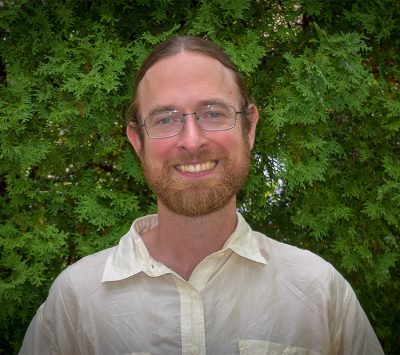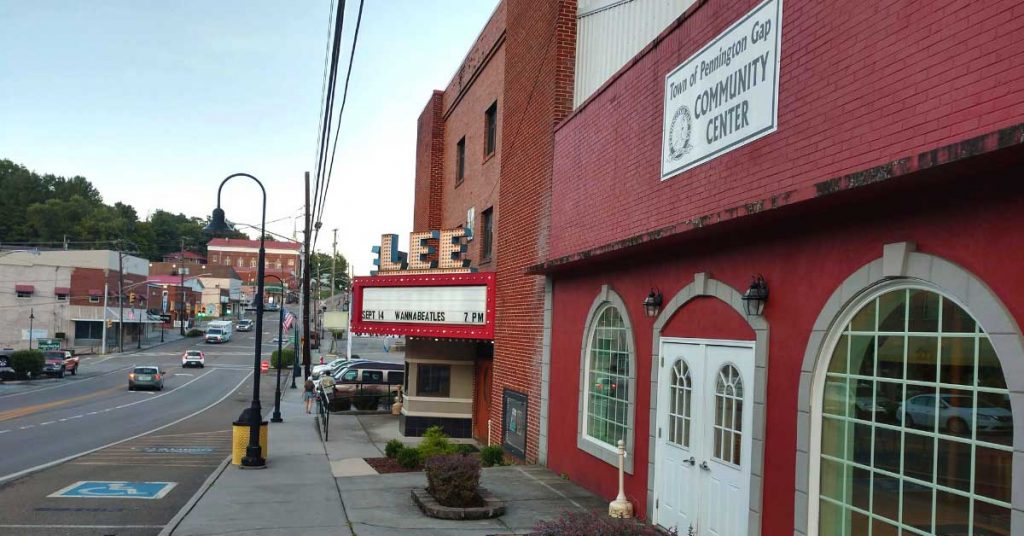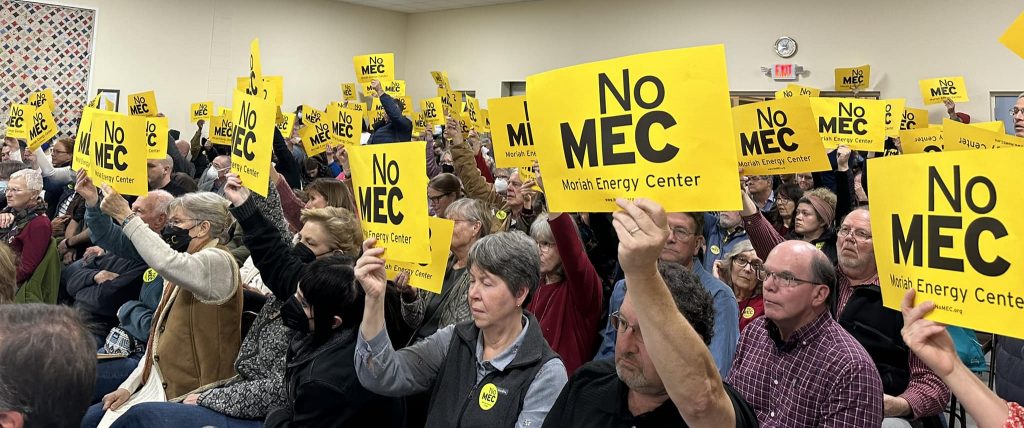Nantahala-Pisgah Plan Q&A: Josh Kelly
Josh Kelly is the public lands biologist for MountainTrue, a nonprofit environmental conservation organization. He is also the conservation representative for the Nantahala-Pisgah Forest Partnership, a collaborative group of conservationists, cultural interests, recreational users, timber industry representatives and more who are seeking to shape the revision of the Nantahala and Pisgah National Forests’ management plan. Answers have been edited where needed for clarity and length.
Tell me about your relationship with the Pisgah and Nantahala national forests. How do you use these lands?
“MountainTrue, my organization, works closely with the Pisgah and Nantahala National Forests. We are a voice for ecological management of those lands, and for public benefit and public access to those lands. We work with the Forest Service to design restoration projects. We work with the Forest Service to control non-native species. And also, as part of my work, we evaluate Forest Service timber harvest and development proposals to make sure that they’re not going to harm anything unique to our region.”
About a third of the projects seem like they do have some of those issues. About half or maybe more of the projects don’t seem to have as many issues as they used to, so I think over the past 20 to 30 years things have improved a lot in the Pisgah and Nantahala National Forests in that regard.
What makes the Nantahala and Pisgah national forests special to you?
“It’s special to me because it’s my home forest. I also realize that it’s a really unique place. If you look at all the national forests, the Nantahala-Pisgah is probably the most biodiverse national forest. It’s got such a huge range of elevation, so much water and such complex geology and all these other factors come together to make it one of the real biodiversity hotspots of the temperate world. And as a biologist, I celebrate that everyday.”
Do you have a favorite place in the Pisgah and Nantahala national forests? If so, why is it your favorite?
“I have about 20 favorite places. I’ll say a place that I think is probably an underappreciated special place would be the entire county of Graham County; it’s an amazing area. I really like the wild character of that area and how little it’s changed over the years compared to other parts of the Appalachians.”
What elements of the forests would you like to see preserved?
“I think that old-growth forests need better protection. Possibly up to 10 percent of the Nantahala-Pisgah is in existing old growth condition. There are places that have either recovered from a blight logging 100 ago, or never were logged. And currently, many of those places are still in the timber phase. Another thing I’d definitely point to would be the large, undeveloped areas, the places that don’t have roads, haven’t been developed, should stay that way.”
What changes would you like to see to the plan?
“I would love to see the Forest Service get back up to the staffing levels it had 15 years ago, so that they can better maintain the trails and keep campgrounds open and keep roads better maintained and provide the public benefits that Americans expect from national forests.”
“I’m concerned about Washington stepping in and poisoning the well with some really bad policies from the top down. I’m more worried about that than the local plan revision process. The things I’m most concerned about would be about energy development; transmission line corridors and natural gas pipelines, things like that. Potentially some mining issues as well.”
Why is the forest plan revision process important, and what advice would you give the Forest Service?
“It’s incredibly important because it lays out essentially a strategy and commands the direction of the forest that the Forest Service will go about trying to achieve. So it’s really important that the Forest Service prioritizes the areas where, for instance, logging is most appropriate, gets that right; prioritizes the ecosystems that need the most restoration, gets that right; prioritizes the areas that are most important to the public for recreation and gets those right. Especially in this day and age, the Forest Service is not being funded the way it used to be in Congress. They really need to prioritize and do as much as they can to bring different stakeholders together to accomplish common goals.”
What do you want to see as a result of the final plan?
“I want to see a final plan that brings lots of different interests together, that lots of different interests can be excited about and work together to achieve.”
Do you feel like there should be an opportunity for new wilderness areas in the Pisgah and Nantahala national forests?
“Oh absolutely. I mean, wilderness was one of the interests in the forest designation.”
How should the interests of different outdoor recreation users, wildlife conservation, the timber industry and other industries be balanced?
“There should be priorities set in the plan and strategies chosen that can bring all those interests together and help us work together. And a big part of that is identifying the places on the ground that are important to each of those groups.”
Do you feel like your interests conflicts with other stakeholders?
“No not really, only if folks have the attitude that they need to have a complete victory in the forest plan should those issues arise. I think if folks are willing to be accommodating; and
the Forest Service isn’t the only group that needs to prioritize. My group and all the other groups working on the plan need to prioritize.”
“For the most part, the timber industry has been one of the easier groups to work with in the forest plan. Most of the timber companies are very pragmatic in what they want, which is more timber harvest in Nantahala-Pisgah. Not so many ups and downs. They want more, but the main thing is consistency. And they’ve been very willing to work with other stakeholders. I haven’t really seen any conflict with the timber industry in this plan.”
CORRECTION: Oct. 9, 2018
Josh Kelly said that one of his favorite places was the entire county of Graham County, N.C., not Grant County, N.C.
Related Articles
Latest News
Sorry, we couldn't find any posts. Please try a different search.

Leave a comment
Your email address will not be published. Required fields are marked *





